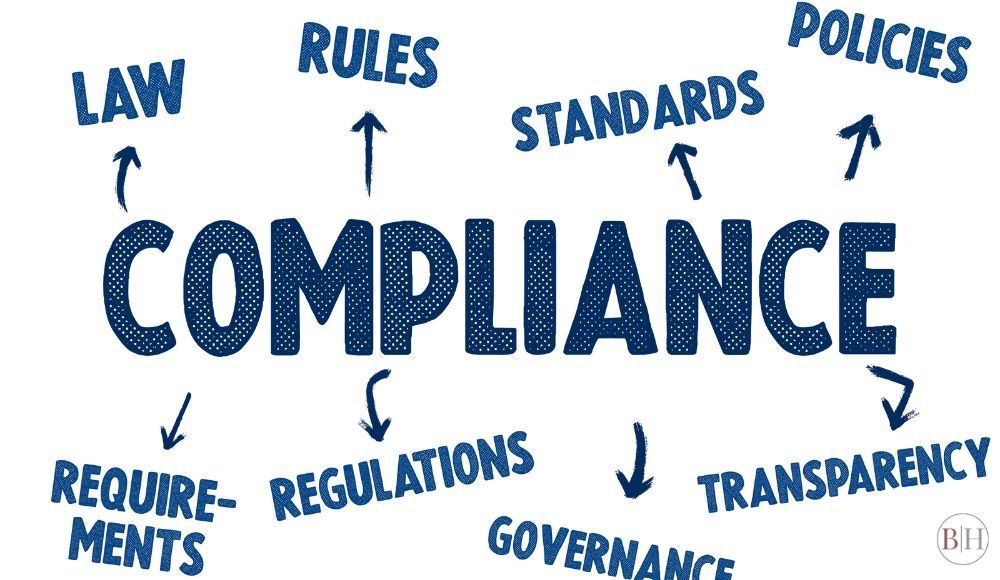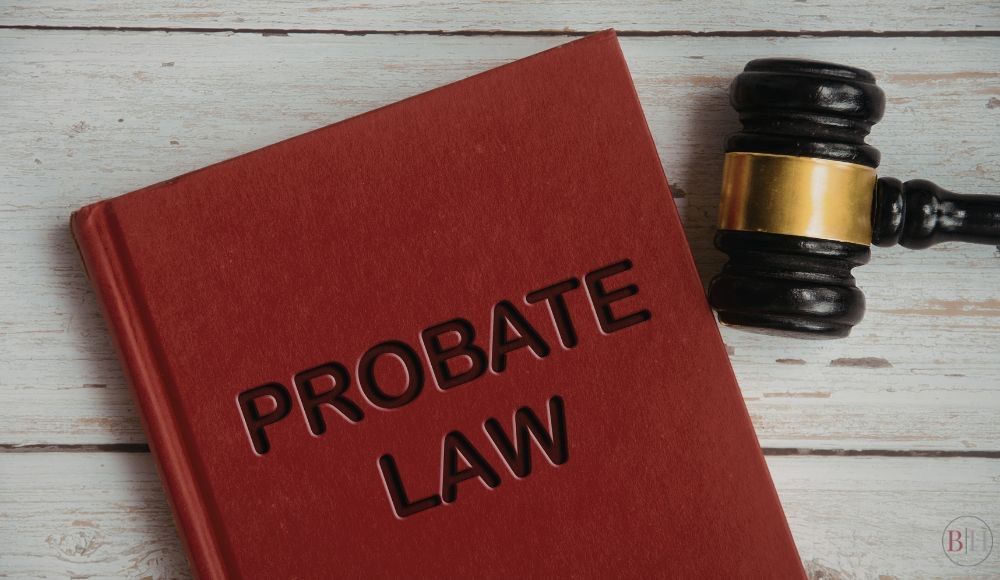10 Estate Planning FAQs

Nobody wants to think about dying or becoming incapacitated; however, having an estate plan will make everything much easier for your family during an already difficult time and help ensure that your wishes are followed. An experienced estate planning attorney can make the process easier for you and ensure nothing is overlooked.
Here are answers to some questions our clients frequently ask.
1. What is estate planning?
When most people think of estate planning, they think of a will that specifies who will receive their assets when they die. A will is part of estate planning, but there is so much more.
An estate plan can also include instructions for your care if you become disabled and unable to make decisions, name a guardian to care for your minor children, and make provisions for family members with special needs. Estate planning can also minimize inheritance taxes for your beneficiaries.
2. Do I need an estate plan?
Legally, no. There is no law that says you have to have a will or an estate plan. However, failing to draft an estate plan can lead to unnecessary legal fees and taxes, your assets being distributed according to state law rather than your wishes, additional stress for your family, and more.
3. What should be included in my estate plan?
Every estate plan is different based on your assets and your needs, but all should include at least a will, a durable power of attorney, and a healthcare power of attorney. If your estate is complicated, it may require additional planning.
4. What is an executor?
The executor is the person you designate to administer your estate. They are responsible for safeguarding your assets, paying off your estate's debts, and distributing your assets based on instructions provided in your will.
5. What is a durable power of attorney?
A power of attorney (POA) is a legal document that allows you to give someone else the legal authority to act on your behalf in certain matters. A Durable Power of Attorney refers to a POA that remains in effect until the principal's death or until the POA is revoked. It does not need to be renewed. In Pennsylvania, a POA is durable unless it specifically states otherwise.
6. What is a living will?
A living will – also called an advance healthcare directive – is a written, legal document that states what medical treatments you want (and don't want) if you can no longer communicate informed consent. It answers questions such as "What do I want to happen if I can no longer feed myself or breathe on my own?" and "Do I want a Do Not Resuscitate (DNR) or a Do Not Intubate (DNI) in place?" In a living will, you also appoint a healthcare power of attorney to make health-related decisions on your behalf based on your wishes.
7. What is guardianship?
"Guardianship, also referred to as conservatorship, is a legal process, utilized when a person can no longer make or communicate safe or sound decisions about his/her person and/or property or has become susceptible to fraud or undue influence," National Guardianship Association states. "Because establishing a guardianship may remove considerable rights from an individual, it should only be considered after alternatives to guardianship have proven ineffective or are unavailable."
8. What are trusts?
A trust allows you (the settlor) to give the right to hold your property or assets for a third party (the beneficiary) to another person (the trustee). Trusts can provide legal protection for your assets and may reduce your beneficiaries' tax burden.
9. What is probate?
Probate is the legal process that occurs when you pass away, whether you have a will or not. If you have a valid will, your estate is distributed according to your will. If you don't have a will in Pennsylvania, the court will determine how your estate is distributed based on the intestate succession rules in Chapter 21 of Pennsylvania's Decedents, Estates and Fiduciaries Code.
10. Will the beneficiaries of my will need to pay inheritance tax?
In PA, the inheritance tax rates are as follows:
- 0% on transfers to a surviving spouse or to a parent from a child aged 21 or younger.
- 4.5% on transfers to direct descendants and lineal heirs.
- 12% on transfers to siblings.
- 15% on transfers to other heirs, except charitable organizations, exempt institutions, and government entities exempt from tax.
You can take steps to minimize the tax your beneficiaries pay, such as gifting your assets to your children, buying extra life insurance, converting your IRA to a Roth IRA, and more. An experienced estate attorney can help minimize the inheritance tax your beneficiaries pay.
Do I really need an attorney to create my will?
One final question we hear frequently is, "Do I really need an attorney to create my will." The answer is, "Technically, no." However, this can lead to more costly problems and more stress for your family down the road. A do-it-yourself form isn't customized to your legal needs, doesn't always comply with state laws, and doesn't provide an ongoing relationship if you or your beneficiaries have any questions or concerns.
Get Help Today
Bingaman Hess's estate planning attorneys listen to your unique goals and concerns, thoroughly review your situation, and provide a customized strategy for you. Give us a call today at 610.374.8377 or find us online.









